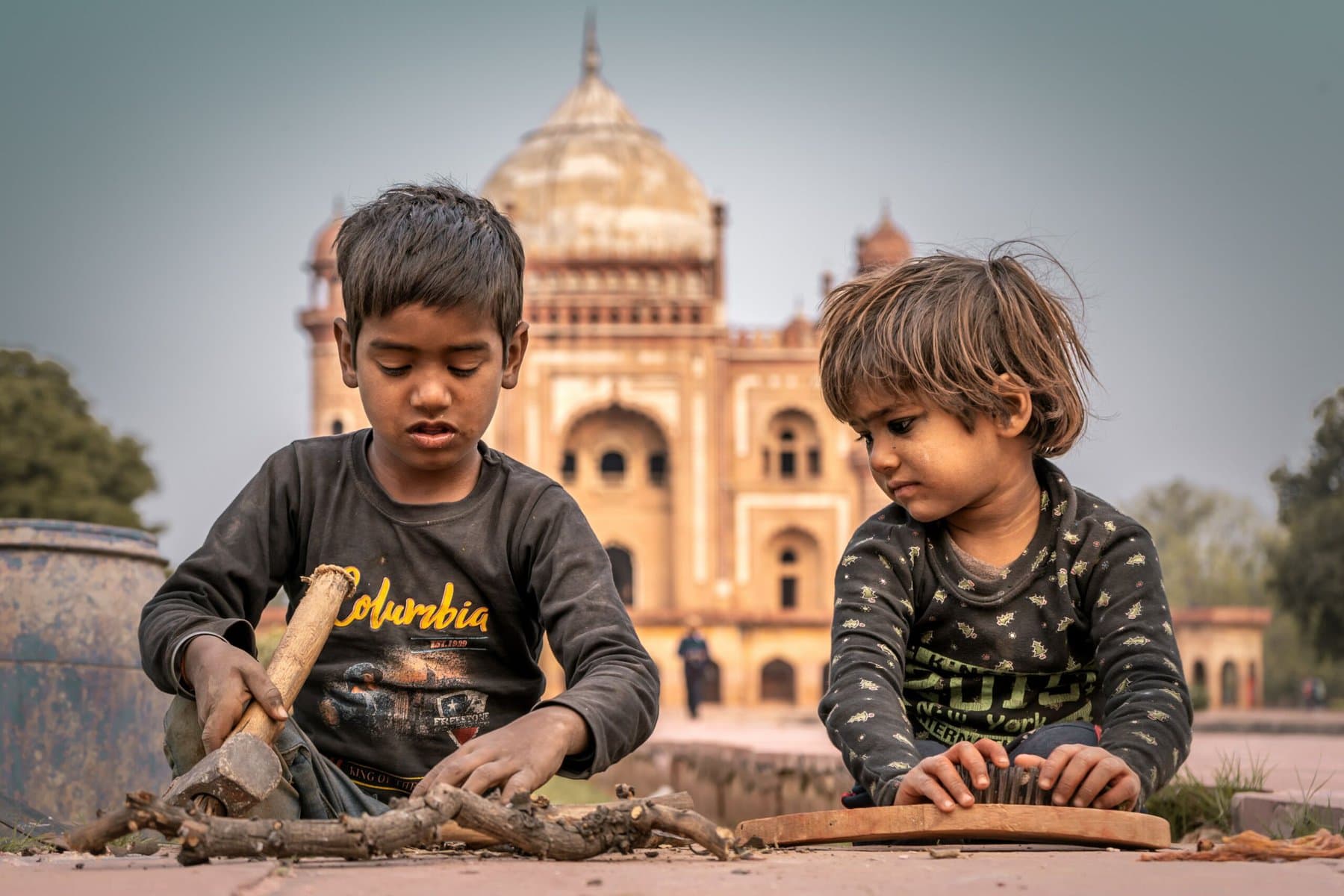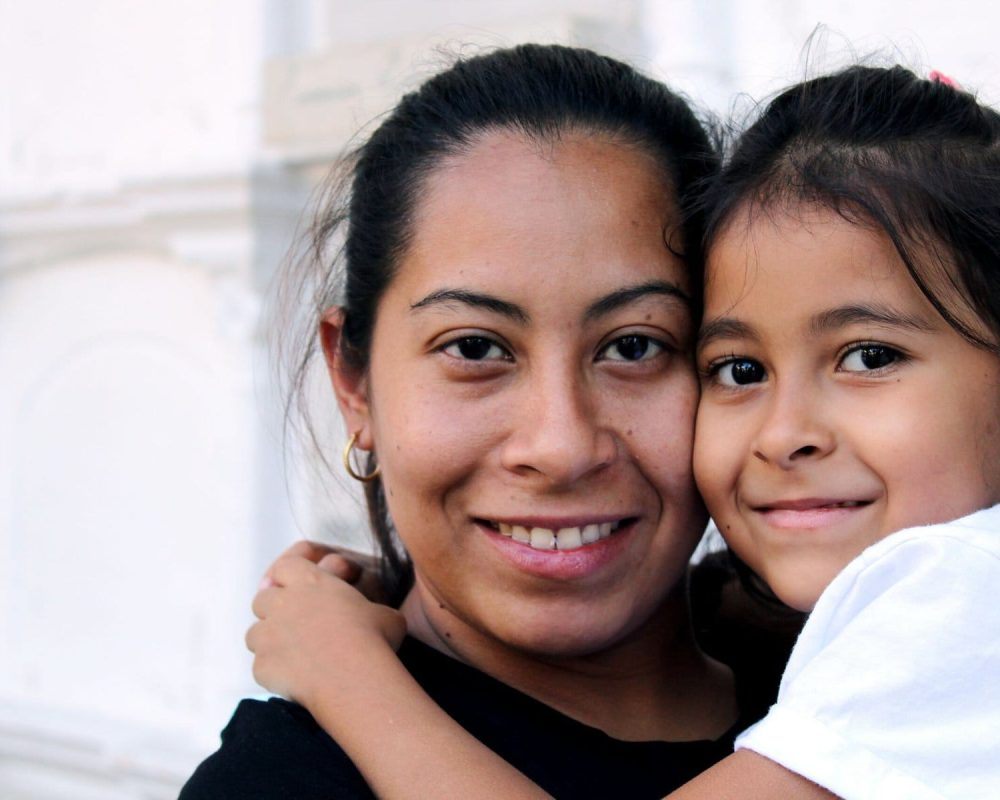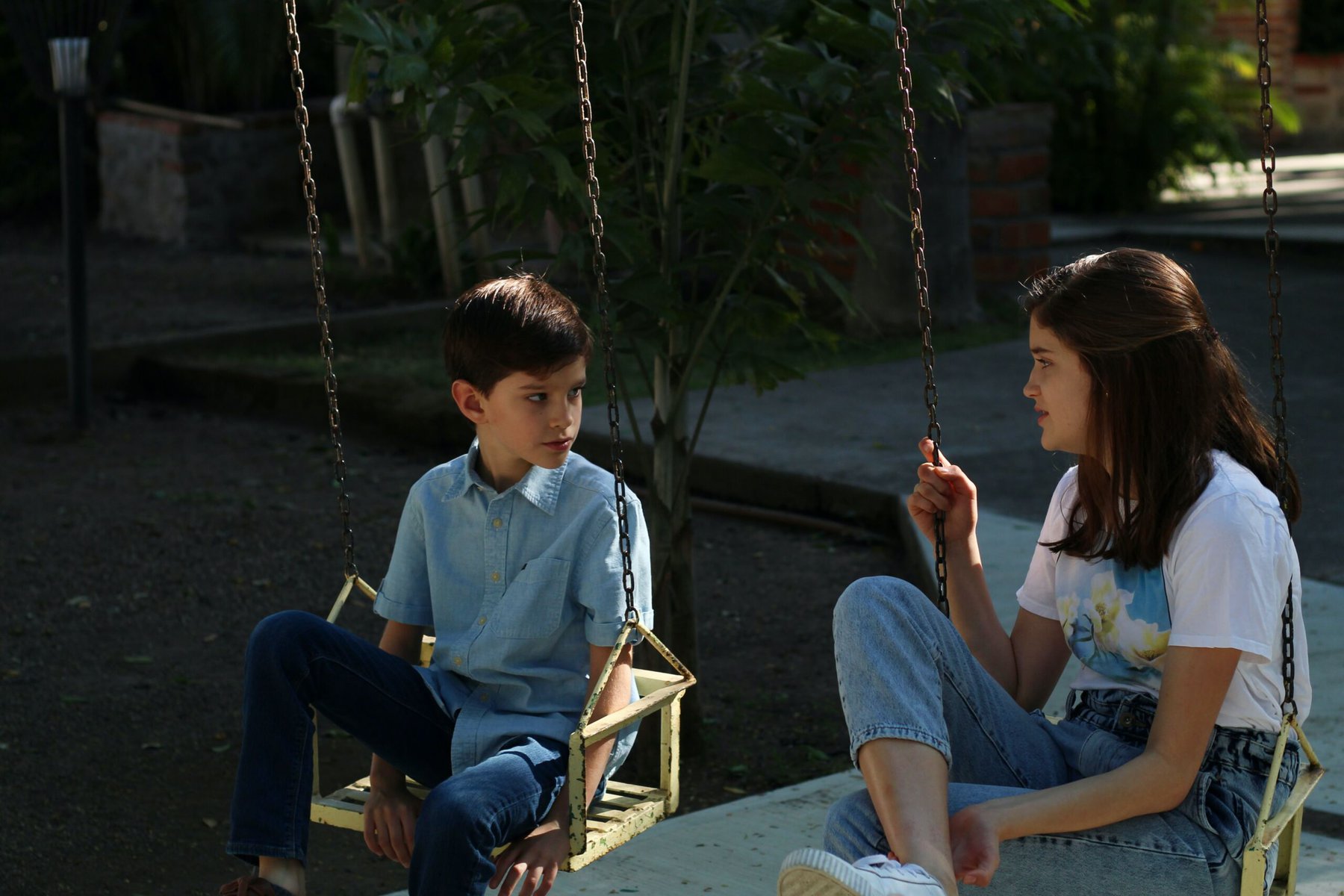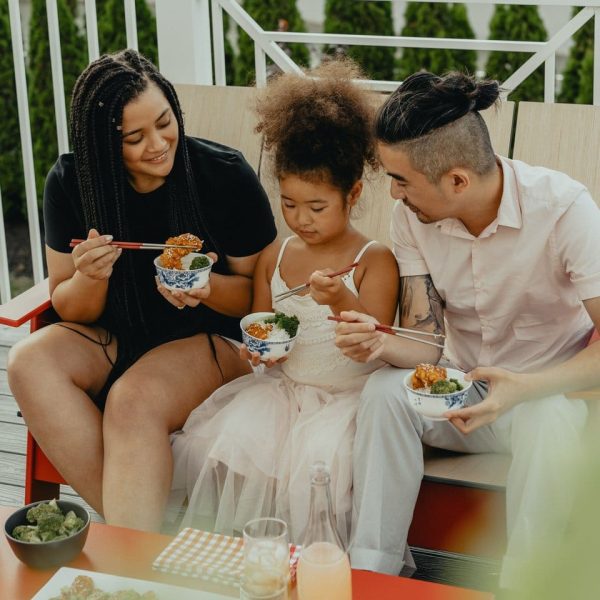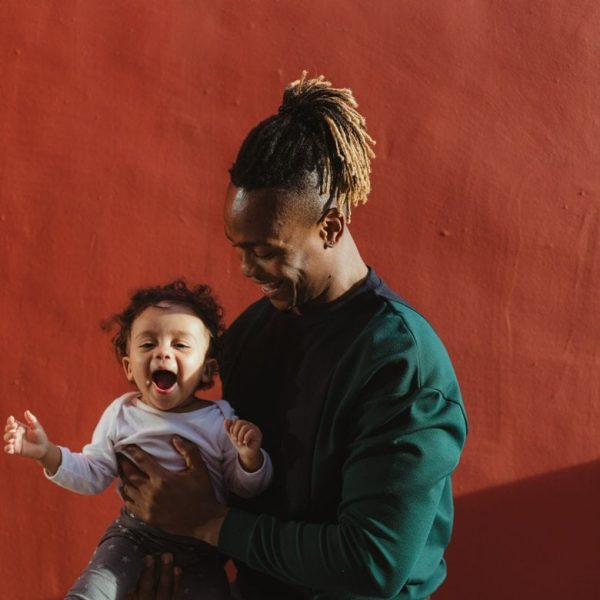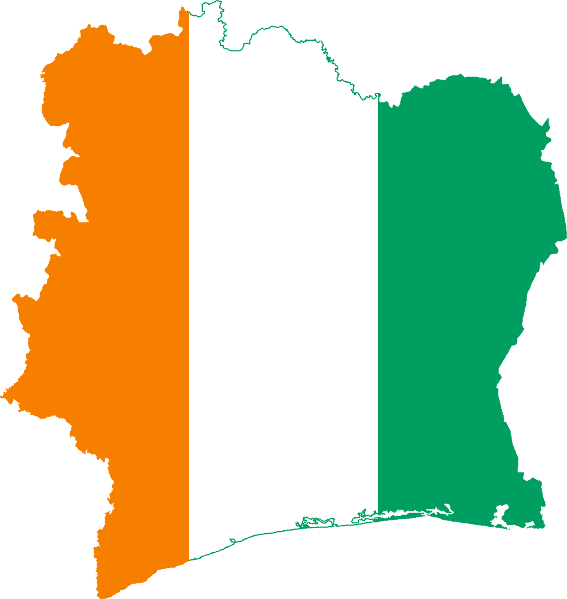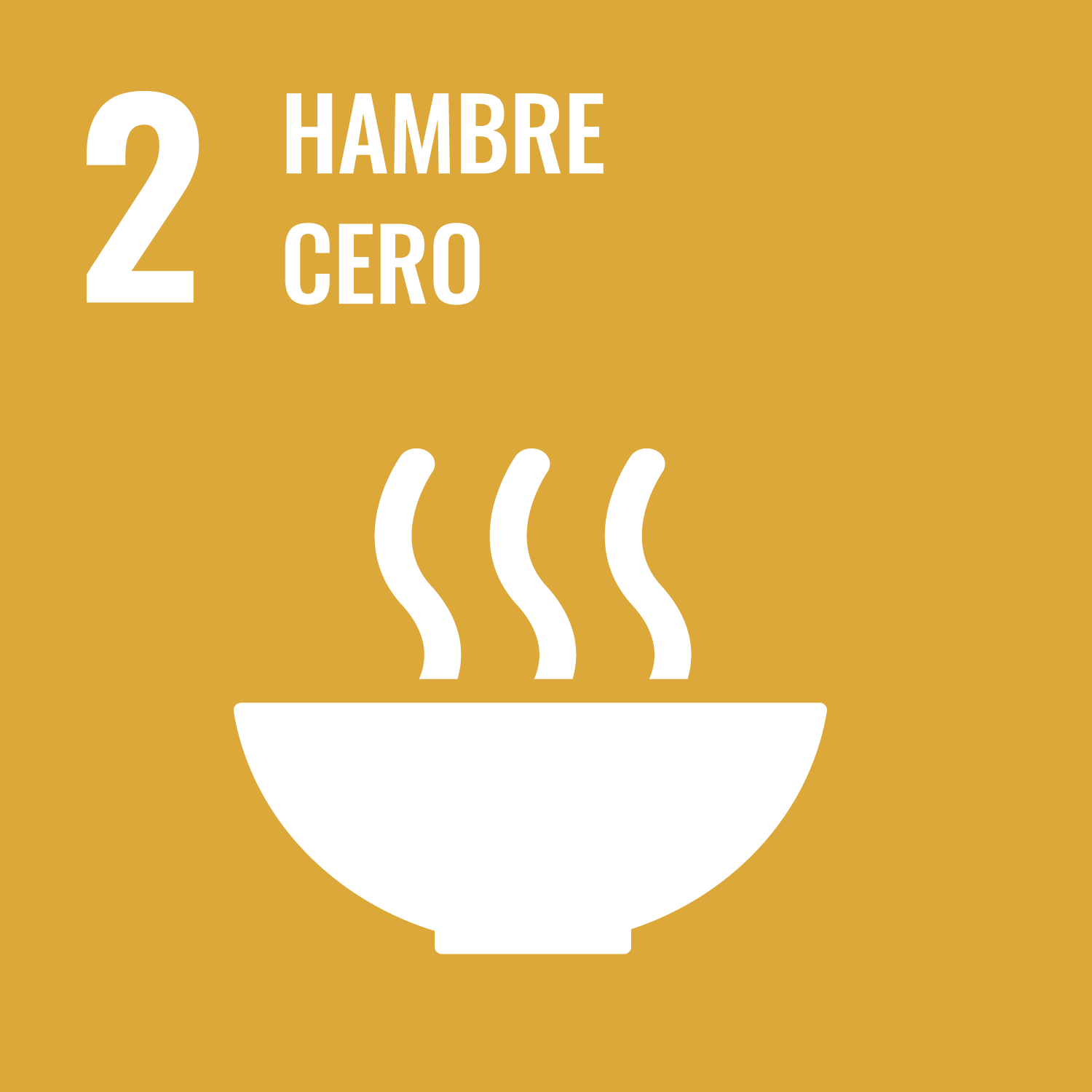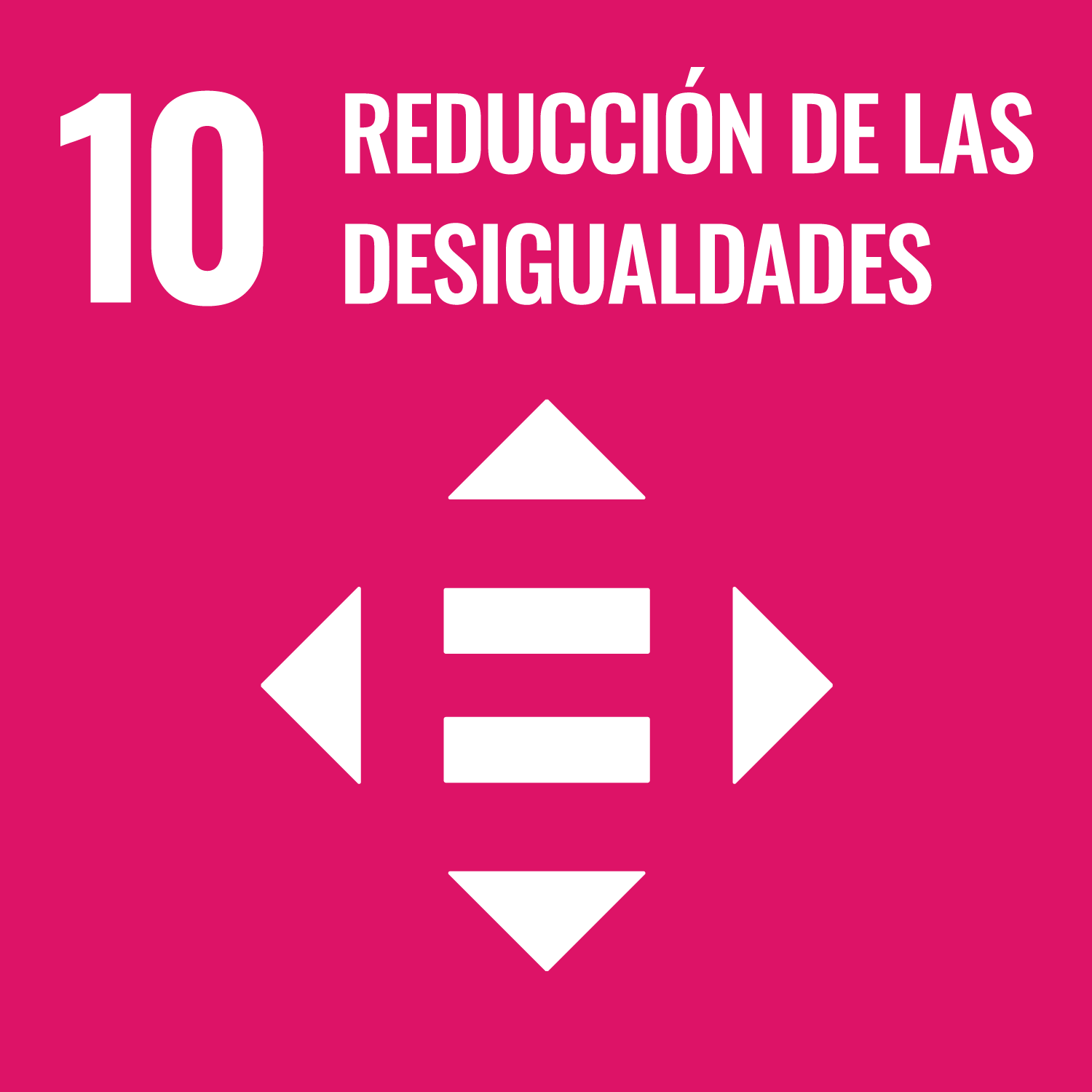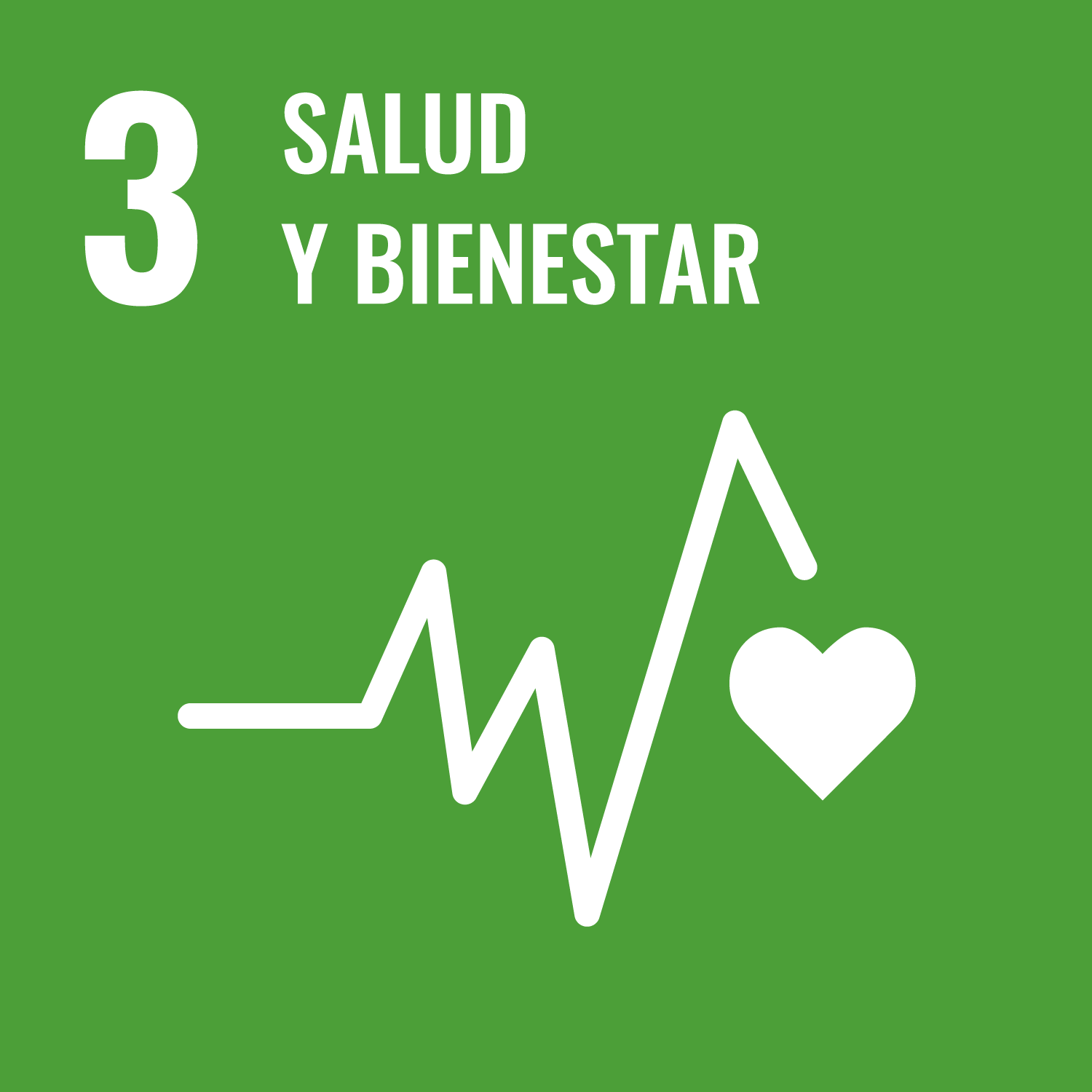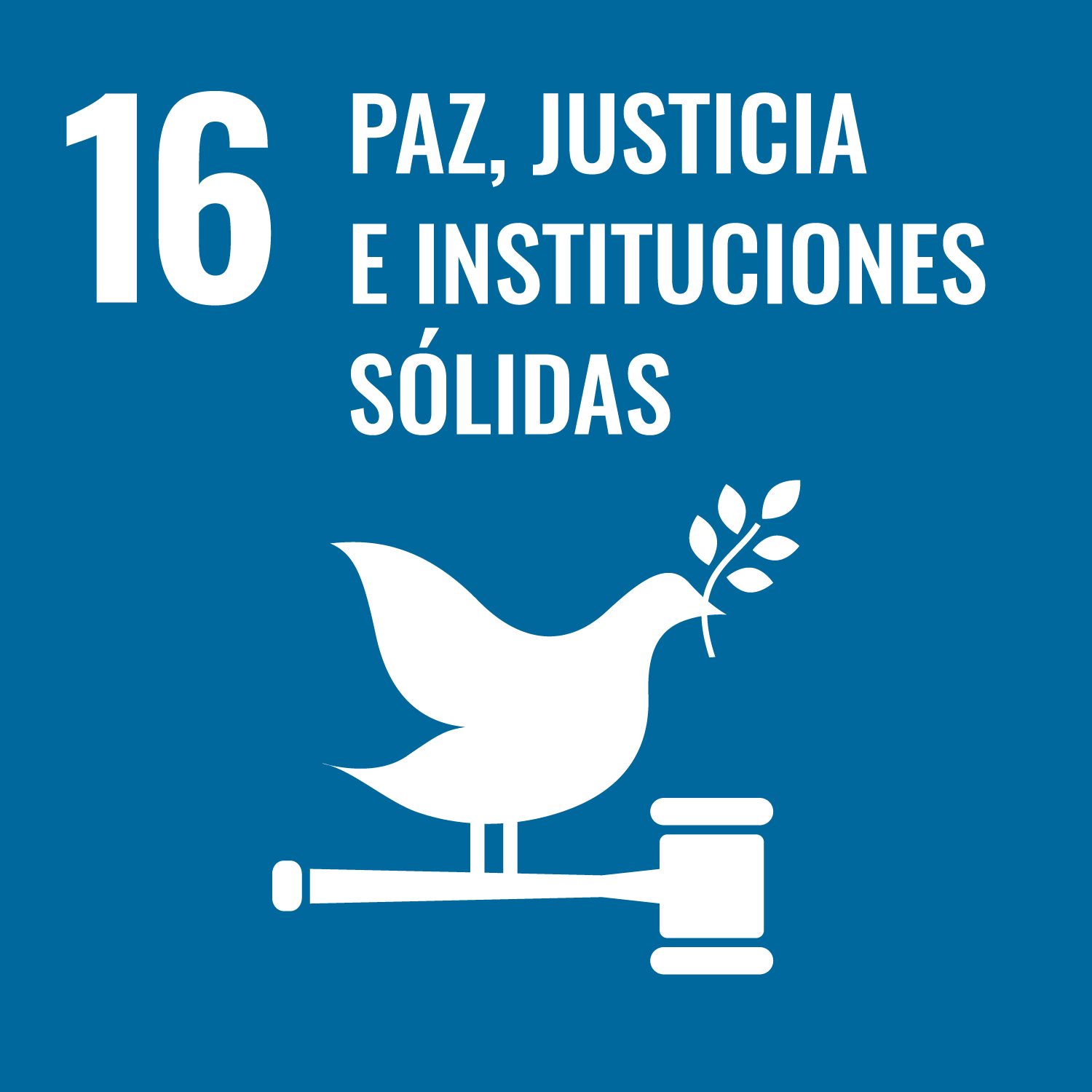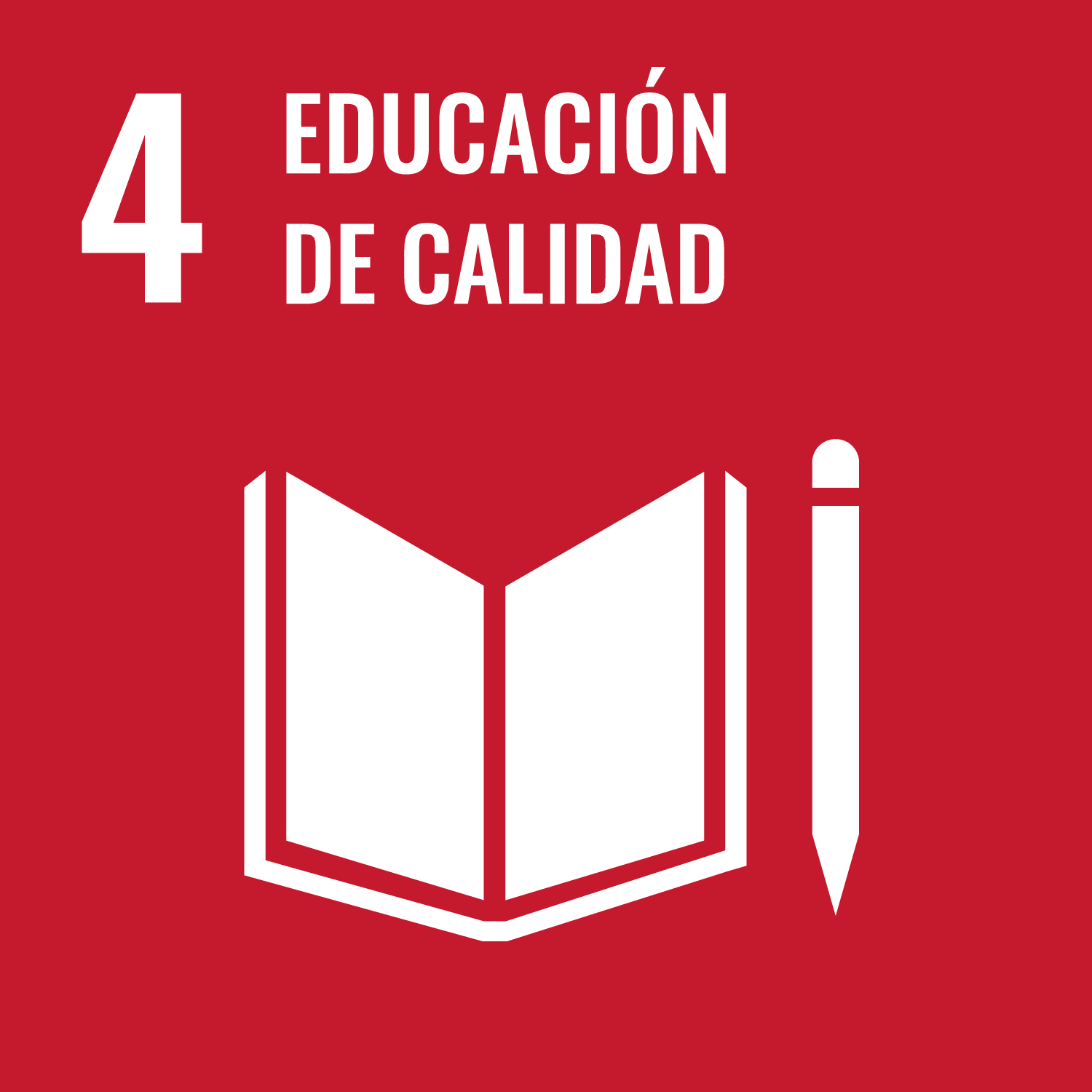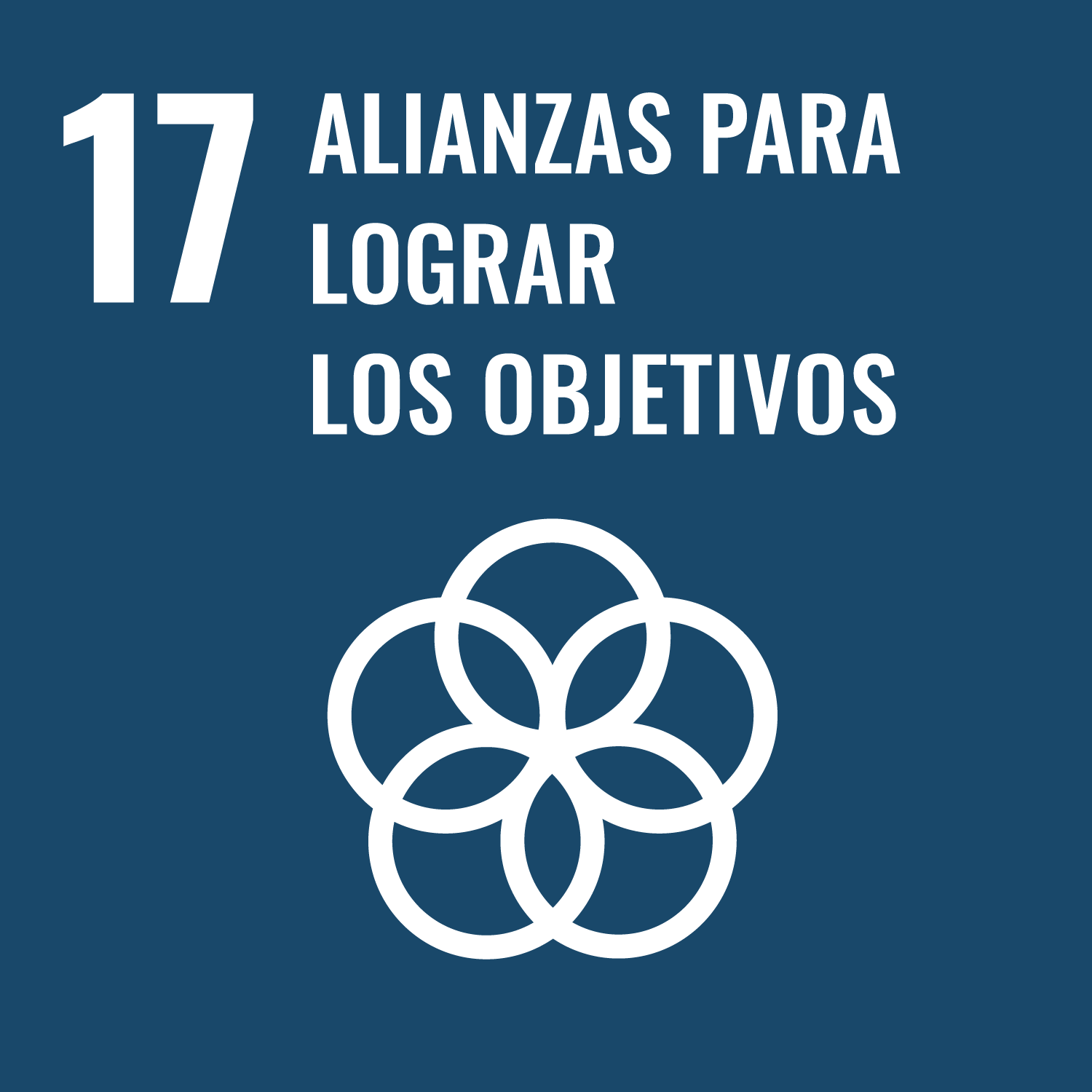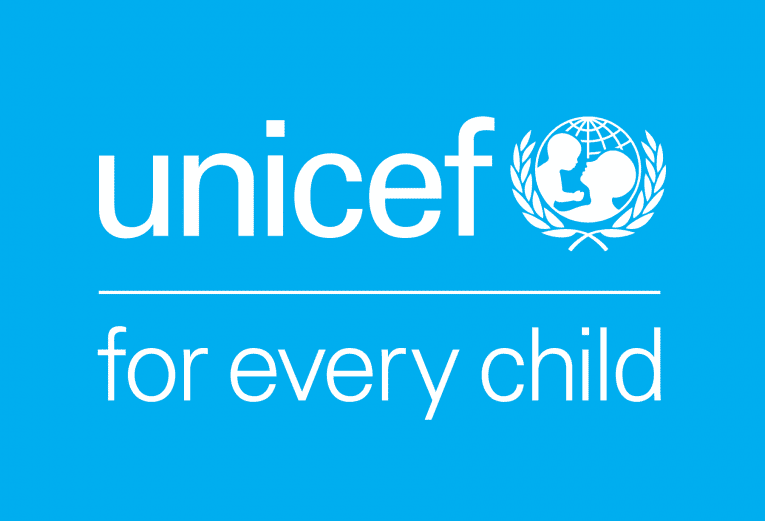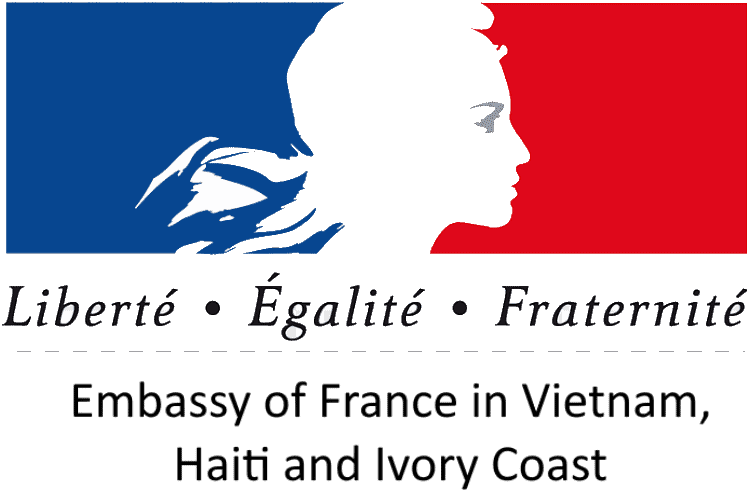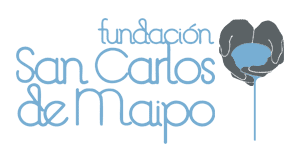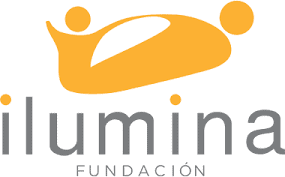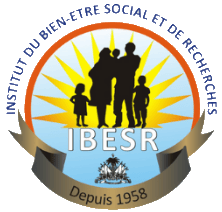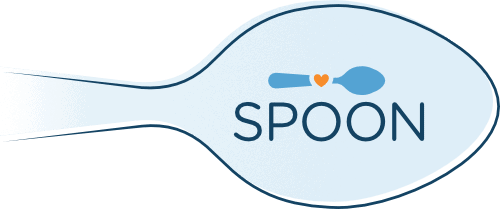2 key issues observed
ISS has a long-standing experience visiting Residential Care Institutions and orphanages in over 20 countries, and two key issues were regularly observed:
-
There are very few actual «orphans» residing in orphanages. Most children in residential care still have at least one living parent. For example, in Haiti, 80% of children still have a family, and in Vietnam, 60% of children with disabilities still have family links.
- Children with disabilities are among the last to benefit from programs enabling them to leave institutions and are more likely to be left behind in orphanages. UNICEF also agrees with this observation in ‘The State of the World’s Children 2013’ report.
